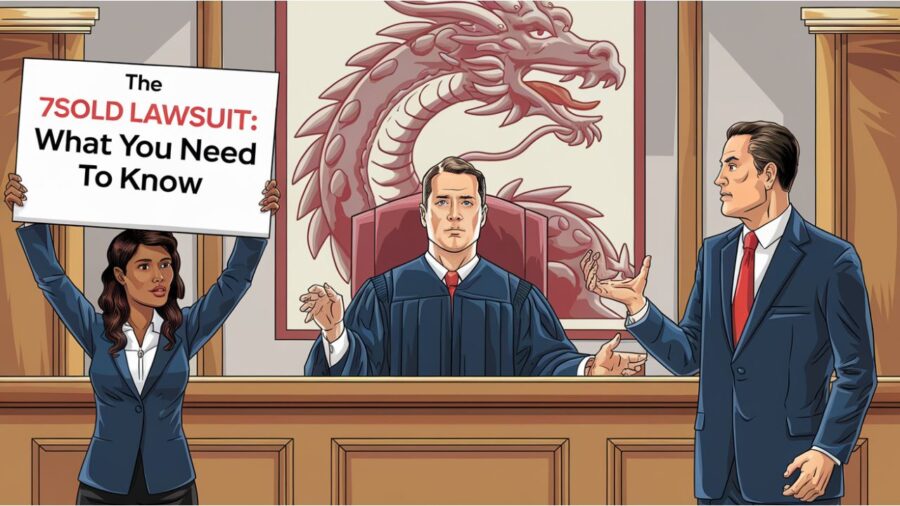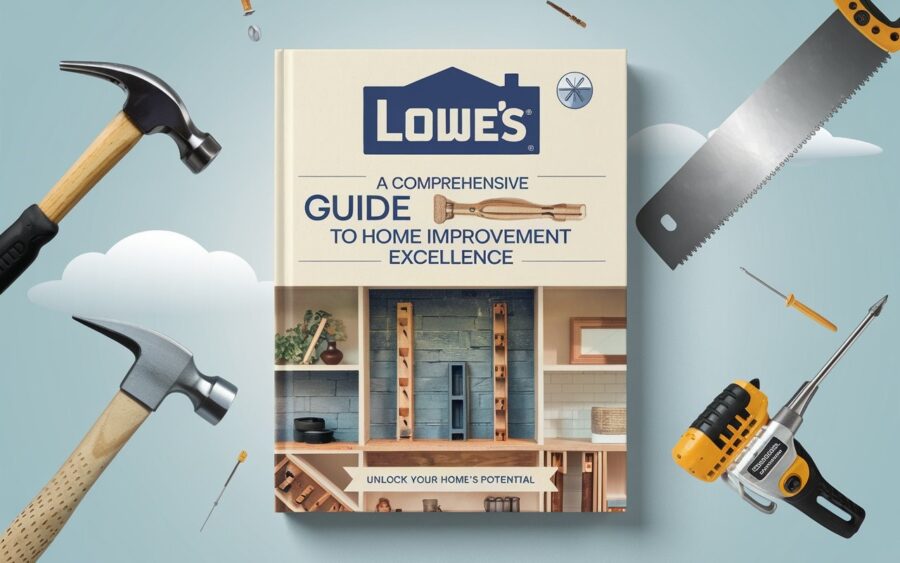The real estate industry often sparks debates over innovative approaches, and 72 Sold is no stranger to controversy. The platform revolutionized home-selling with its promise of faster sales and higher profits. However, recent legal challenges have brought significant attention to the 72 Sold lawsuit, raising questions about its practices and the broader implications for the industry.
This article delves into the lawsuit, explaining its key components, potential consequences, and what it means for homeowners and real estate professionals.
Understanding the 72 Sold Program
Before diving into the lawsuit, it’s essential to understand the model behind 72 Sold.
The program offers a streamlined home-selling process, often advertising sales within 72 hours or less. It leverages aggressive marketing, partnerships with agents, and tailored strategies to attract sellers seeking quick, high-value deals. While successful in many cases, critics argue that some aspects of the program may prioritize speed over transparency.
What Is the 72 Sold Lawsuit About?
The Allegations
The 72 Sold lawsuit stems from allegations of:
- Misleading advertising claims, particularly around the speed and profitability of sales.
- Possible violations of real estate regulations.
- Concerns about the transparency of contractual obligations for sellers.
Plaintiffs argue that some clients may have been misled into agreements that didn’t fully align with advertised promises. Additionally, regulatory authorities are investigating whether 72 Sold’s practices comply with industry standards.
Key Legal Points
The lawsuit highlights important issues, such as:
- Advertising Ethics: Were the marketing claims exaggerated?
- Agent Responsibilities: Did affiliated agents adequately disclose contract details?
- Consumer Protections: Were clients given clear options and fair opportunities to review terms?
These points could shape future real estate marketing and legal compliance practices.
Potential Impact of the 72 Sold Lawsuit
For Sellers
If you’re considering using 72 Sold, the lawsuit underscores the importance of reading the fine print. While the program remains active, clients should ask detailed questions to ensure they understand terms, fees, and potential outcomes.
For Real Estate Professionals
The case is a wake-up call for agents to maintain transparency and adhere to ethical standards. Clear communication and full disclosure are critical for fostering trust with clients.
For the Real Estate Industry
The outcome of the 72 Sold lawsuit could set legal precedents. Stricter regulations may emerge, particularly around marketing practices and contractual obligations, potentially reshaping how real estate platforms operate.
Key Takeaways for Home Sellers
Do Your Research
Before engaging with any real estate service, including 72 Sold:
- Check reviews and testimonials.
- Consult independent agents for unbiased advice.
- Understand all contractual terms.
Ask Tough Questions
Ensure clarity on:
- The percentage of homes sold within the promised timeframe.
- Fees, commissions, and other costs.
- Cancellation policies if expectations aren’t met.
Legal Consultation
If you feel uncertain, consult a legal expert to review your contract. This step can protect you from potential disputes or hidden fees.
FAQs
What are the main claims in the 72 Sold lawsuit?
The lawsuit primarily alleges misleading advertising, non-compliance with real estate regulations, and a lack of transparency in agreements with sellers.
Is 72 Sold still operating during the lawsuit?
Yes, the program is active. However, clients are advised to carefully review all terms and stay updated on the case’s developments.
How could this lawsuit impact the real estate industry?
The case may lead to stricter rules on advertising and contractual practices, influencing how real estate programs market themselves.
Are homeowners at risk if they use 72 Sold now?
While the service is still operational, sellers should exercise caution by thoroughly vetting the terms and consulting with legal or real estate professionals.
What happens if 72 Sold loses the lawsuit?
Potential outcomes could include fines, changes to its business practices, or enhanced transparency requirements. Sellers involved in disputes may also have grounds for compensation.
Where can I stay updated on the 72 Sold lawsuit?
Follow reputable real estate news outlets or consult local real estate boards for the latest developments.
Conclusion
The 72 Sold lawsuit has sparked widespread discussion about marketing practices and transparency in the real estate industry. While the outcome remains uncertain, the case serves as a reminder for sellers to be diligent when engaging with innovative platforms. Whether you’re a homeowner or an agent, staying informed and asking the right questions will always be your best strategy.











